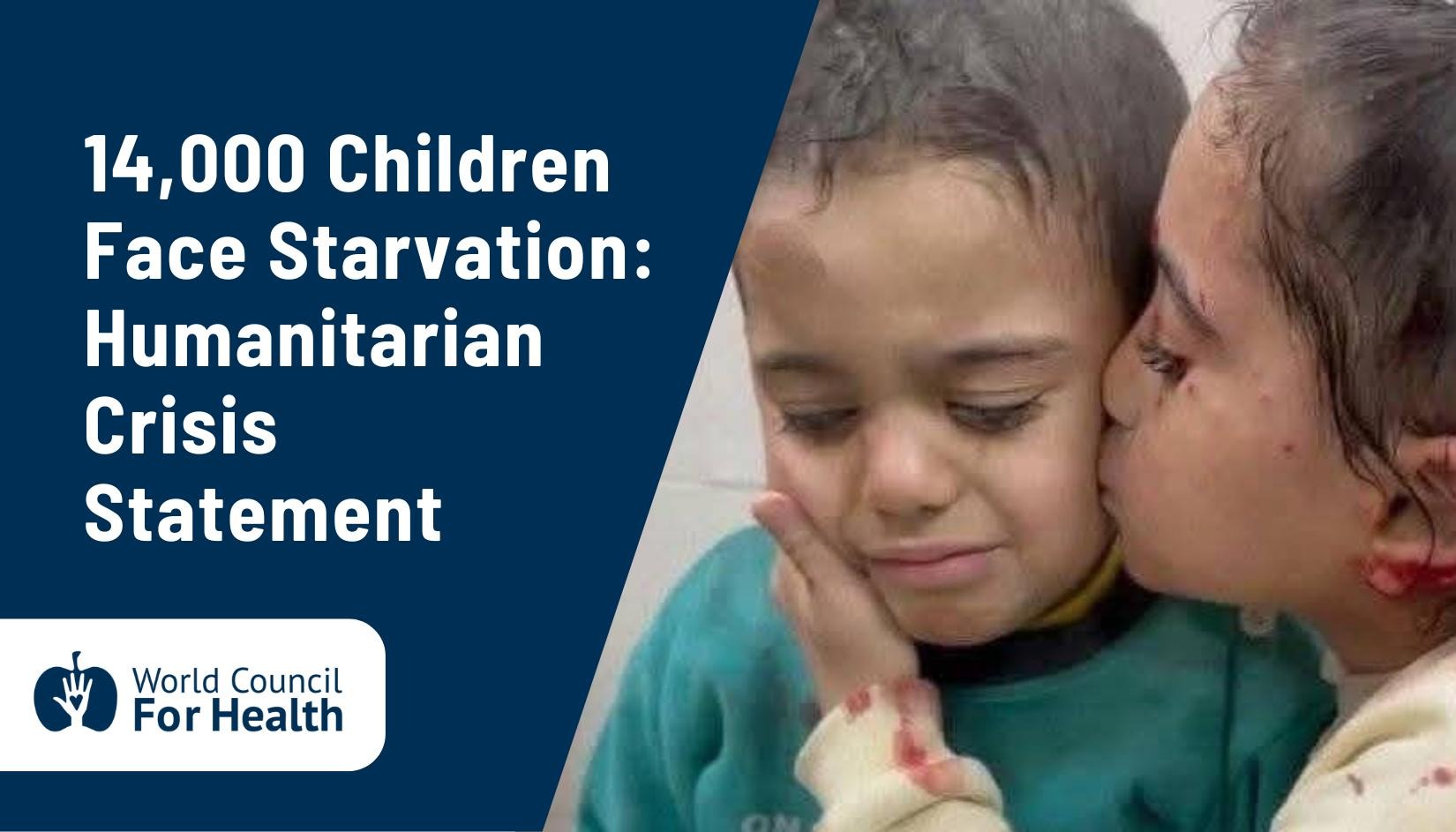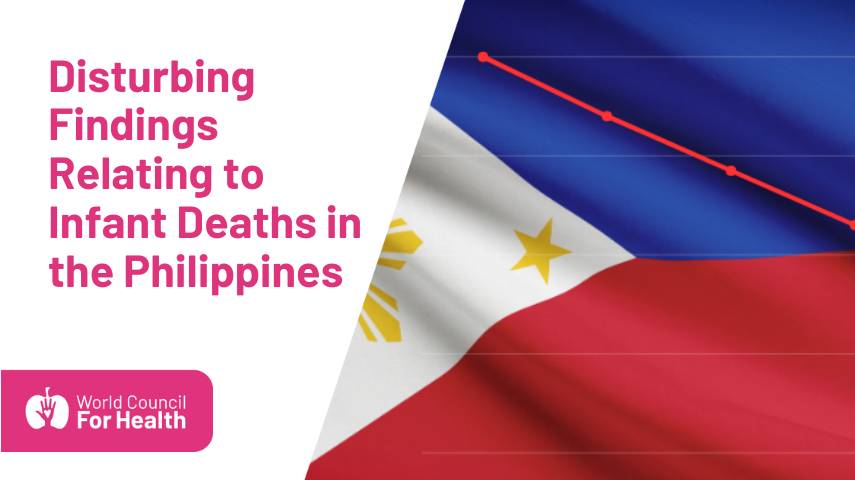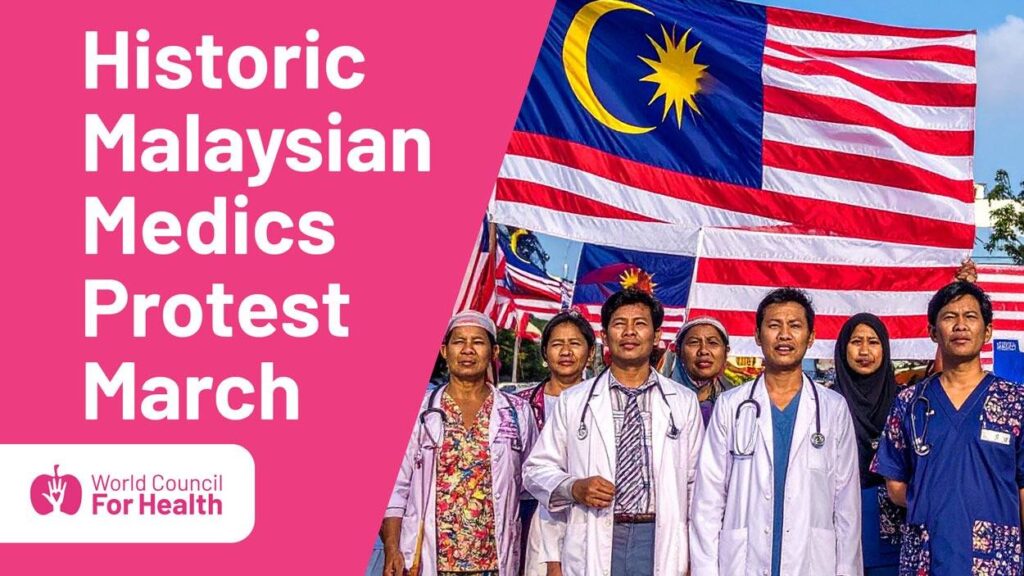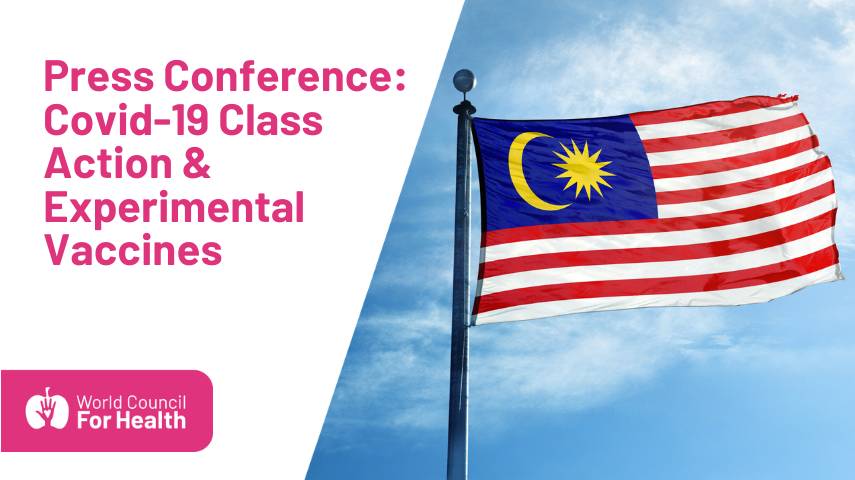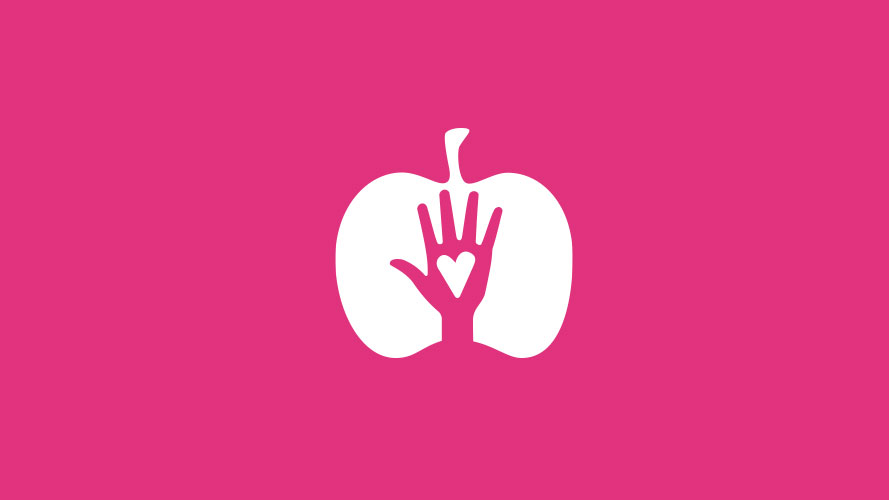Aligned with international and humanitarian law, World Council for Health condemns the starvation and targeting of Palestinian people as a method of warfare. The use of starvation, dehumanisation and warfare technologies is a violation of everything humans hold dear, and is in direct conflict with the WCH’s Better Way Principles.
Article 54 of Additional Protocol I to the Geneva Conventions, amplified by the Rome Statute, prohibits the use of starvation as a weapon of war:
“It is prohibited to attack, destroy, remove or render useless objects indispensable to the survival of the civilian population, such as foodstuffs, agricultural areas for the production of foodstuffs, crops, livestock, drinking water installations, supplies and irrigation works, for the specific purpose of denying them for their sustenance value to the civilian population or to the adverse Party, whatever the motive, whether in order to starve out civilians, to cause them to move away, or for any other motive.”
The targeting of civilians and the weaponising of life-saving supplies and technologies for political or military gain are unacceptable. The decades long blockade and ongoing hostilities devastated Gaza’s health system, leaving hospitals unable to provide basic care, with dialysis facilities collapsing, and have disproportionately impacted women, children, men, the elderly, the disabled, the sick, and other vulnerable groups.
It is important to note reports and testimonies exposing dangerous technologies, including artificial intelligence and cloud computing, in enabling the targeting of Palestinian civilians, technology that can stifle free speech and dissent anywhere else.
Significantly, governments and international bodies have begun to uphold the law and take practical action like sanctions and trade embargos to help prevent further loss of life.
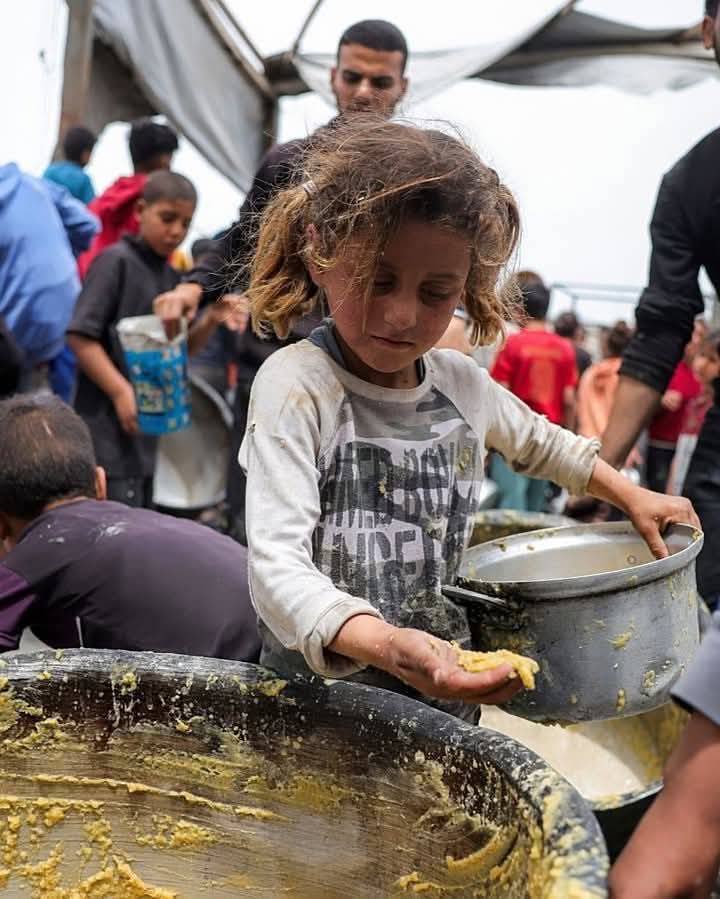
Like many international organisations, especially in health, WCH calls for:
- The immediate and unconditional lifting of the blockade to allow for the urgent delivery of food, water, medical supplies, and humanitarian aid to all areas.
- The establishment of secure humanitarian corridors to ensure sustained and unrestricted access for aid organizations who have been blocked for months.
- An immediate ceasefire, and end to warfare, and the protection of all civilians, in line with ethics, international humanitarian law and the Geneva Conventions.
- The international community, including corporations and philanthropists, must end all forms of support—technological, financial, or otherwise—that enable or profit from the targeting and suffering of civilians in Palestine, the DRC, Sudan or anywhere else.
- Accountability for the starvation, advanced weapon technologies, weapons of mass destruction, chemical warfare, and collective punishment as tools of genocide.
- Safe return of hostages on both sides and negotiations for a just and lasting peace.
World Council for Health stands in solidarity with the people and calls on all parties—including political, business and technology leaders—to respect human dignity, protect the most vulnerable, and restore the basic rights to food, health, and life. We urge world leaders, corporations, and all stakeholders to act now—before more lives are lost.
Other Ongoing Conflicts: A Global Humanitarian Crisis
While Gaza demands urgent attention, multiple wars and humanitarian disasters persist worldwide, each requiring justice, diplomacy, and intervention:
- Sudan: Since April 2023, over 28,700 fatalities have been reported, with some estimates much higher, and more than 14 million displaced in a brutal civil war. Ethnic cleansing has been reported in Darfur.
- Ukraine: Civilian casualties continue to rise, with at least 209 killed and 1,146 injured in April 2025 alone, and ongoing attacks on infrastructure fueling a refugee crisis.
- Myanmar (Burma): The Rohingya genocide continues, with at least 25,000 killed since 2017, and military junta atrocities escalating.
- Democratic Republic of Congo: M23 rebels, backed by Rwanda, continue massacres and displacement of millions.
- Yemen: Nine years of war and a Saudi-led blockade have caused famine, with over 377,000 deaths from violence and starvation.
- Syria: Thirteen years of conflict, ongoing bombings, and more than five million refugees stranded.
- Tigray (Ethiopia): Over 600,000 dead from war and famine; ongoing ethnic violence.
- Haiti: Gang warfare has collapsed the state, with five million facing starvation.
Each of these conflicts involves war crimes, starvation tactics, and the suffering of innocents—just as in Gaza.
The WCH Urges:
- Immediate ceasefires in Gaza, Sudan, Ukraine, Myanmar, and all war zones.
- Unconditional humanitarian access to starving populations.
- Independent investigations into war crimes on all sides.
- Technology companies and investors to withdraw support for systems enabling civilian harm.
- Hostage releases and negotiations for lasting peace—not further retaliation.
A Path to Peace: Diplomacy Over Destruction
History demonstrates that violence begets violence. Only dialogue, accountability, and justice can break the cycle. The international community must act—not to escalate hostilities, but to mediate, investigate, and enforce humanitarian law. The World Council for Health stands with all civilians suffering in these conflicts and calls on global leaders to choose dialogue over destruction.
Resources:
- Sky News Clip: Miliband: ‘Absolutely Abominable Level of Suffering Inside Gaza’
https://www.youtube.com/watch?v=w3qBtYRKqmw - WCH Substack: Stop The WHO’s Reckless Experiment on Palestinian Children
https://open.substack.com/pub/worldcouncilforhealth/p/stop-the-whos-reckless-experiment - Wage Peace Episode with Jewish Holocaust Survivor, Vera Sharav:
https://rumble.com/v5ili37-dont-comply-with-injustice-wage-peace-with-shabnam-palesa-mohamed-and-vera-.html
